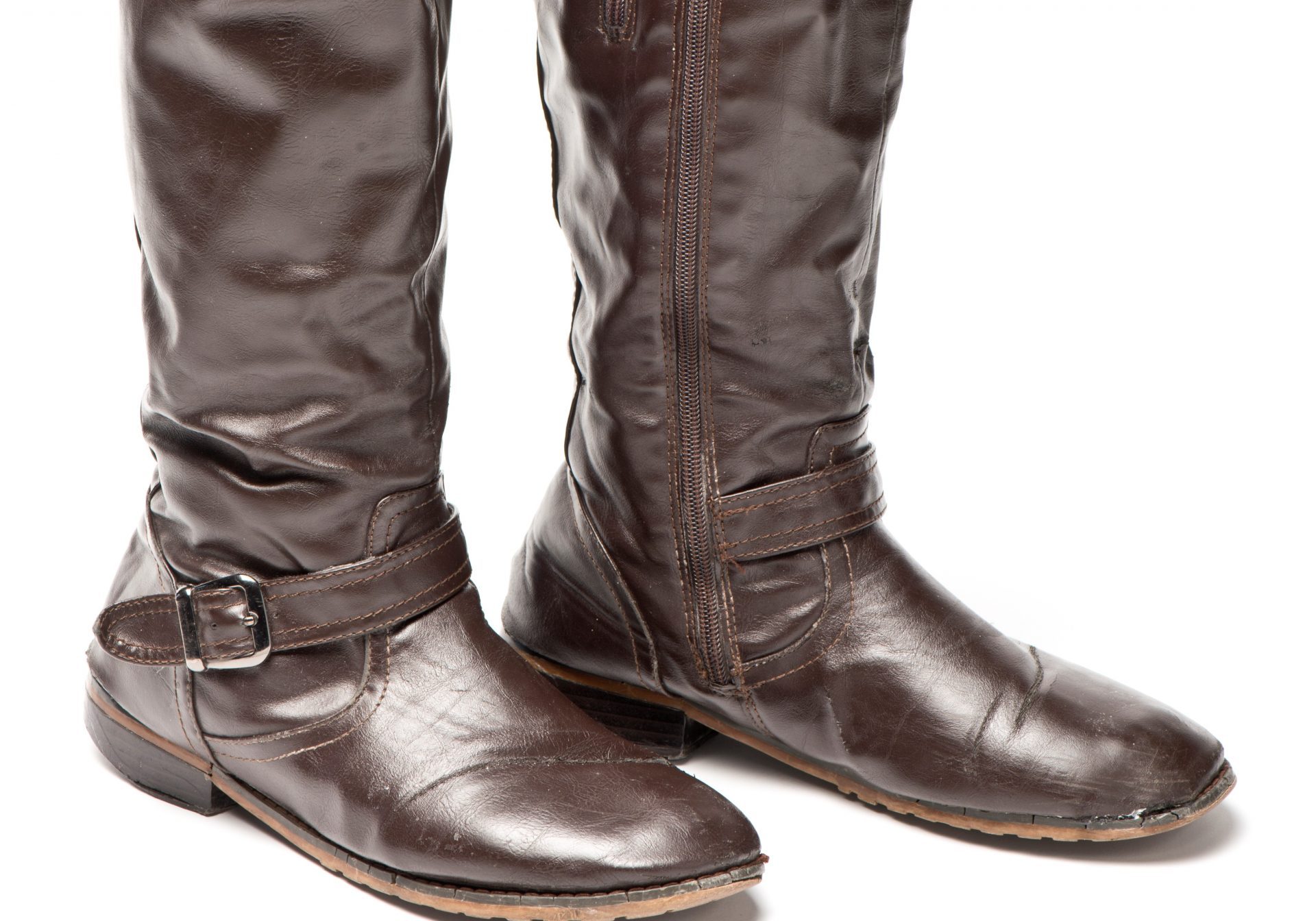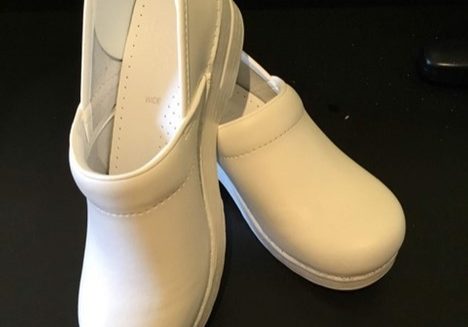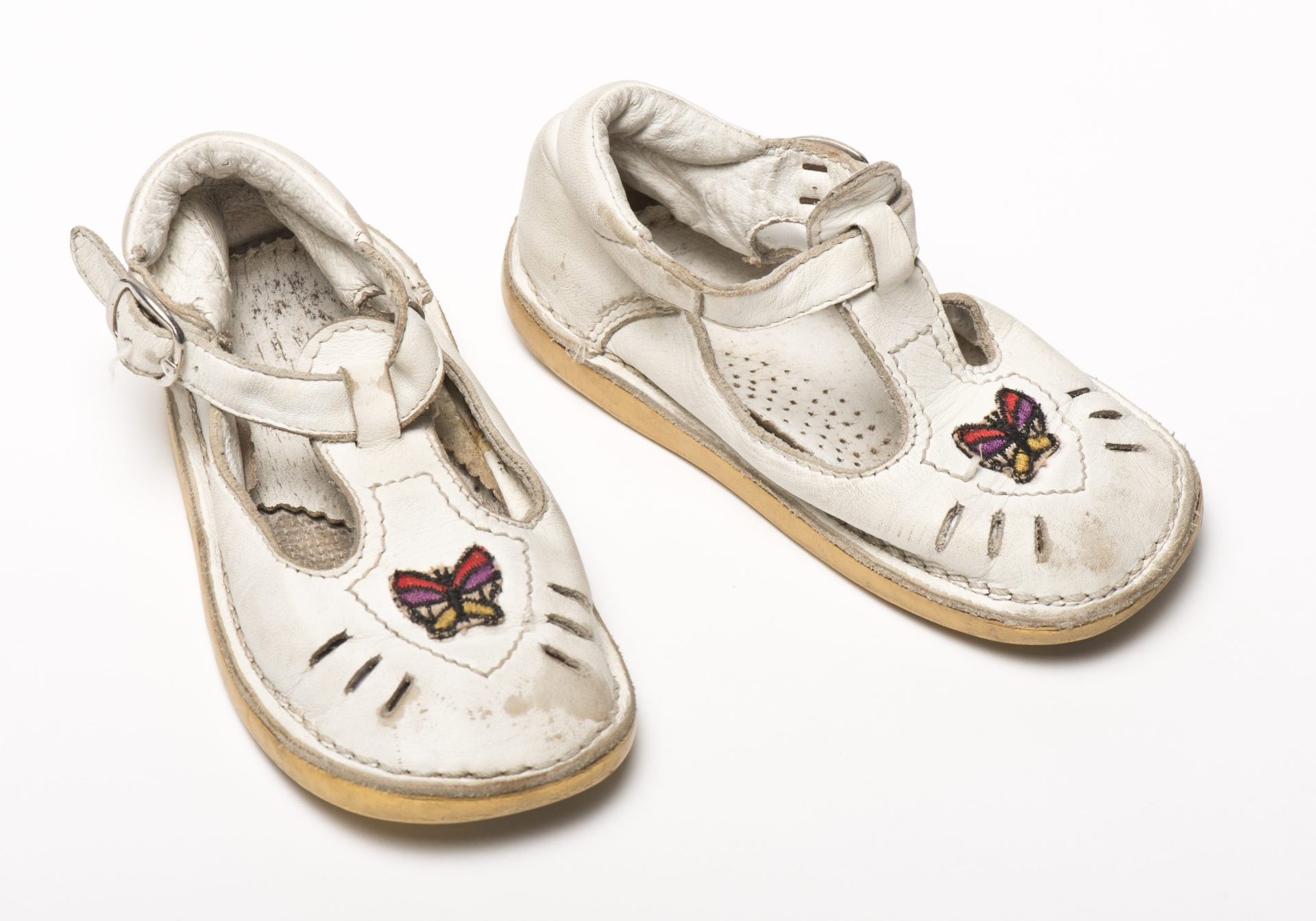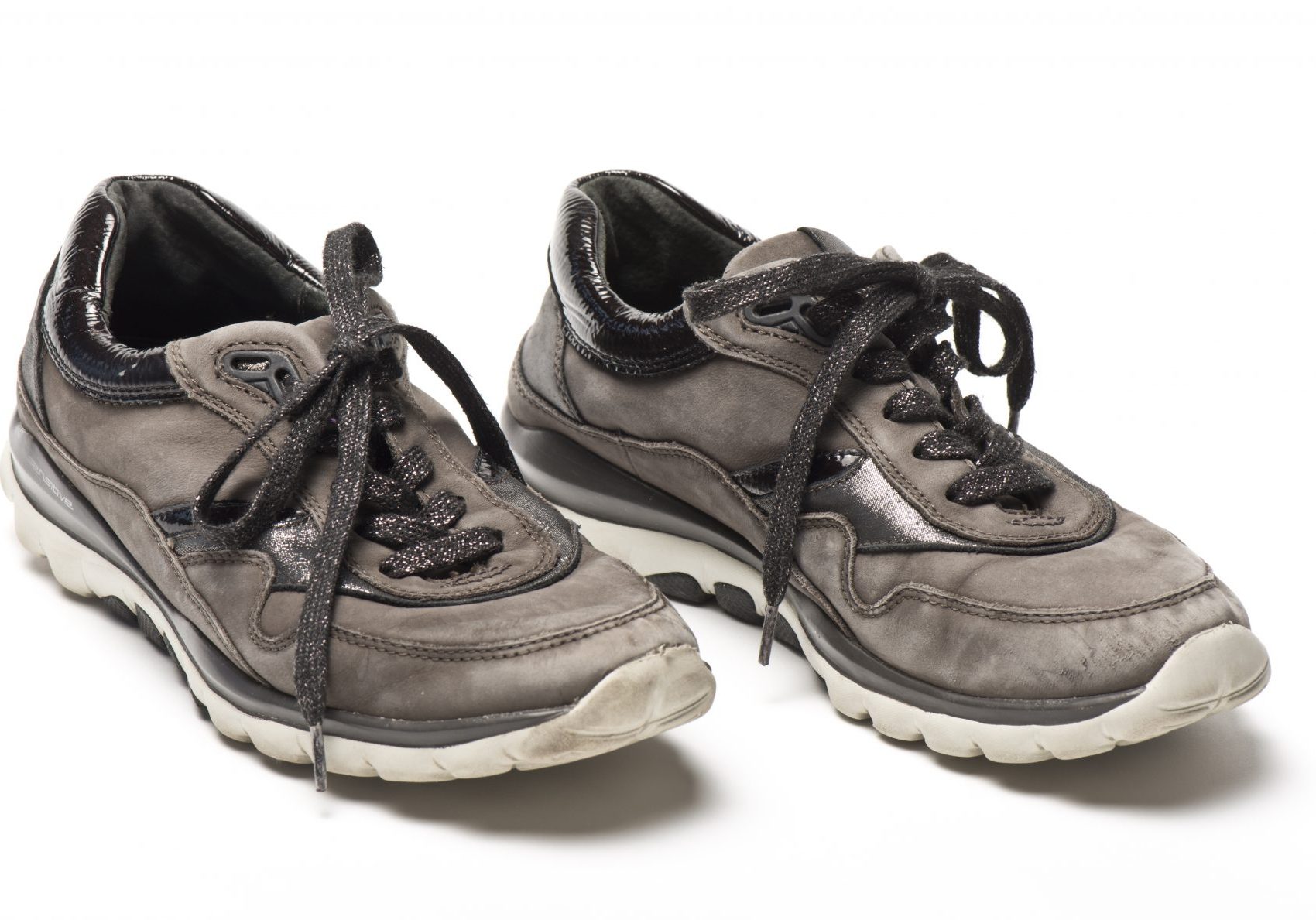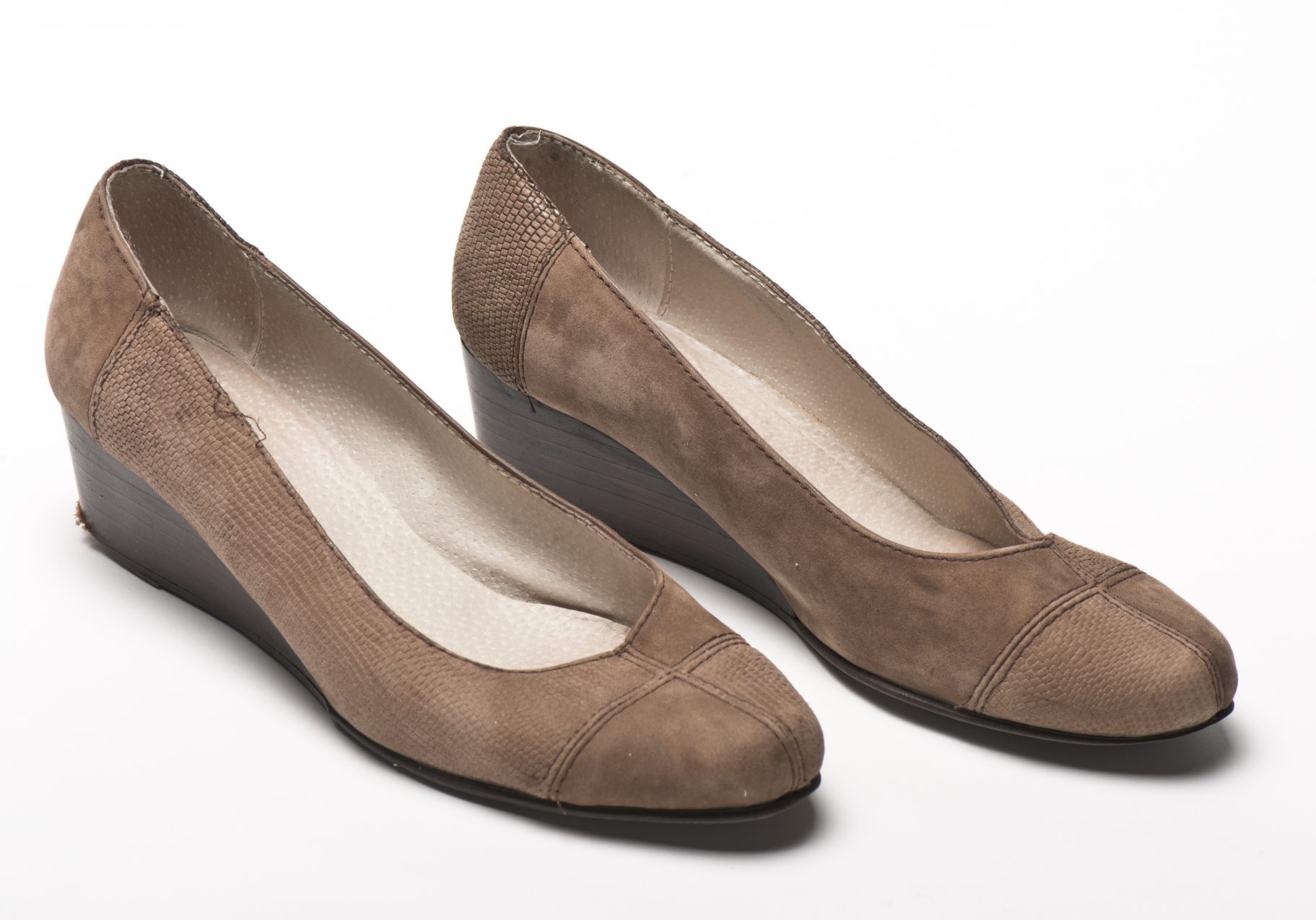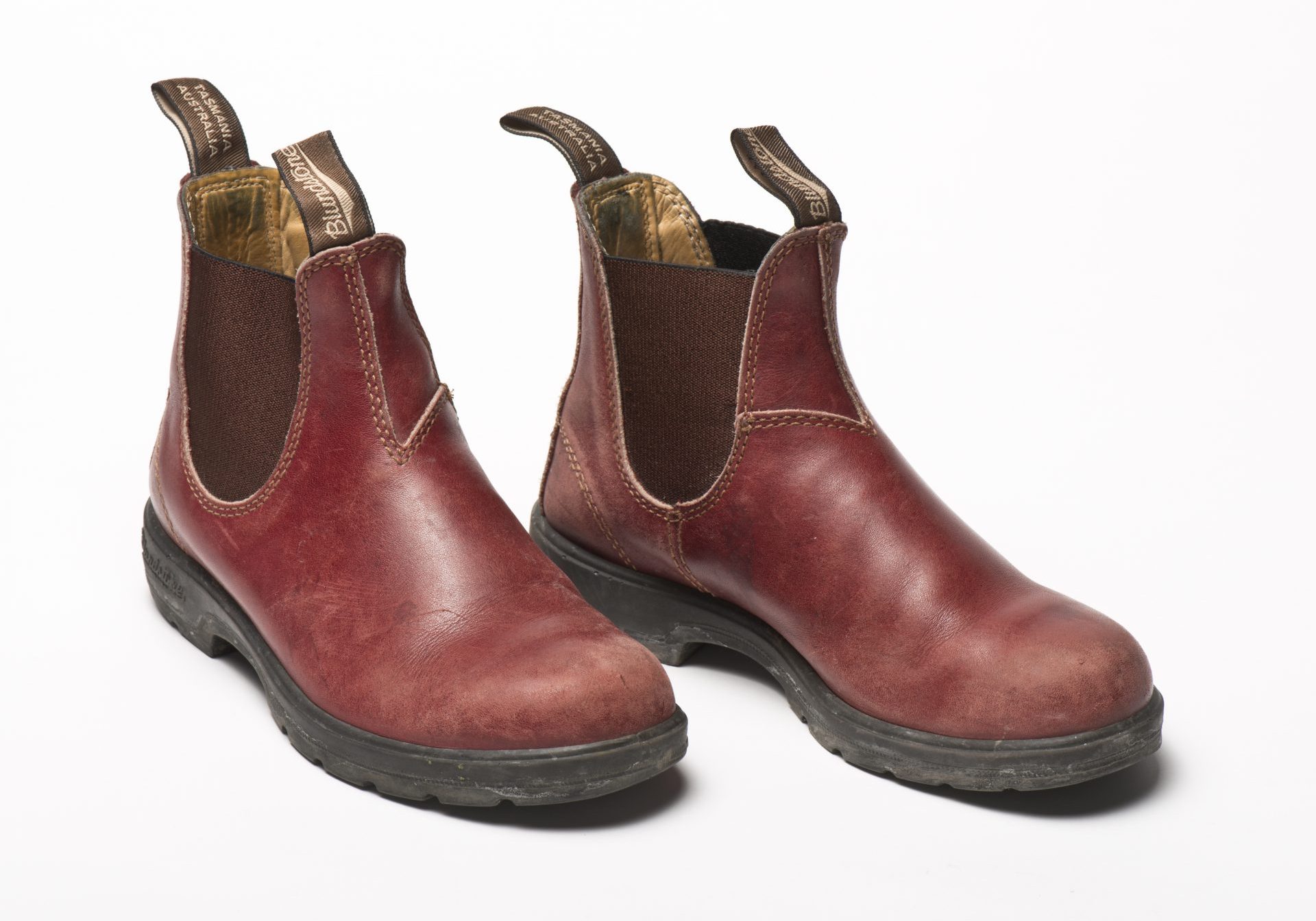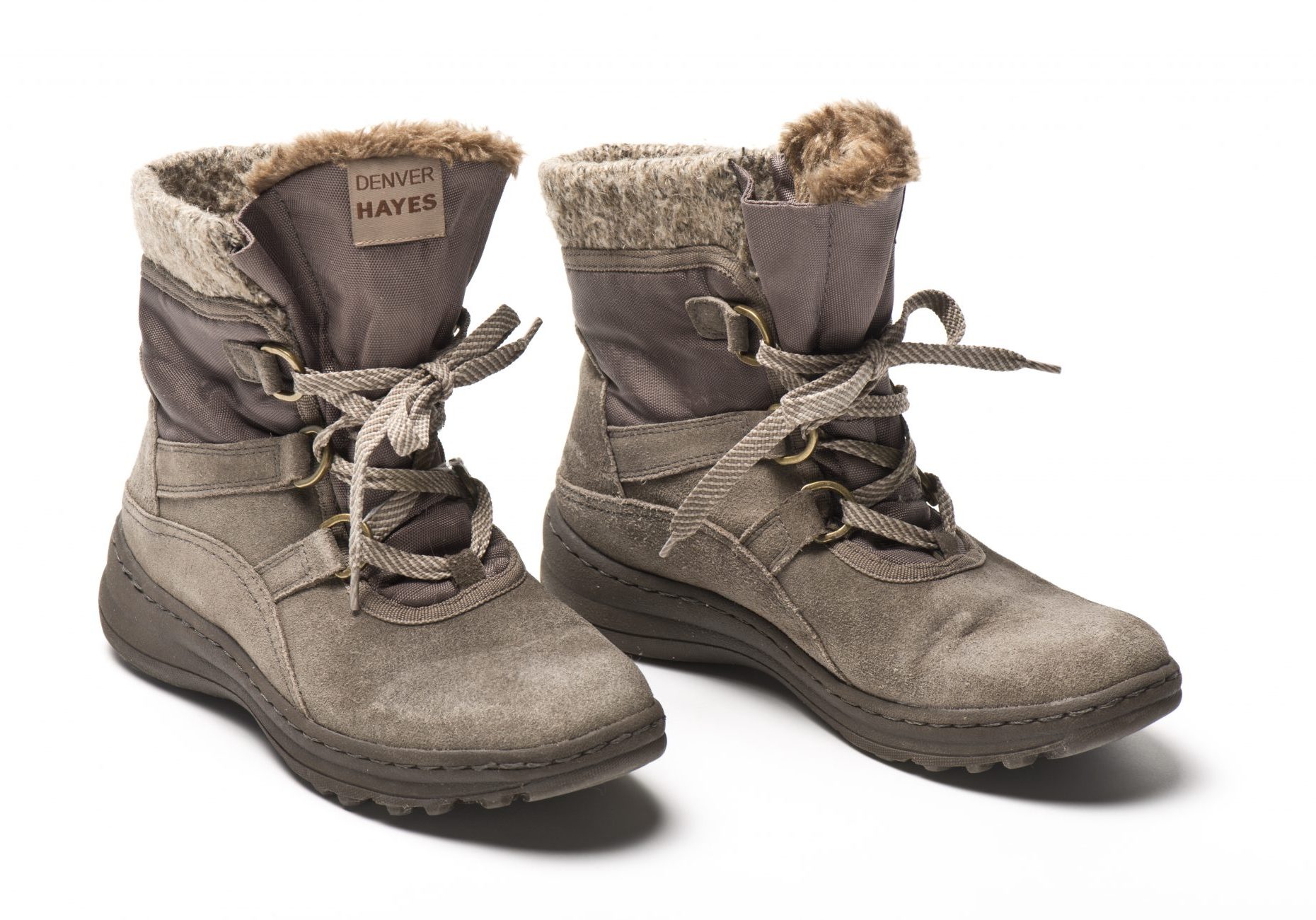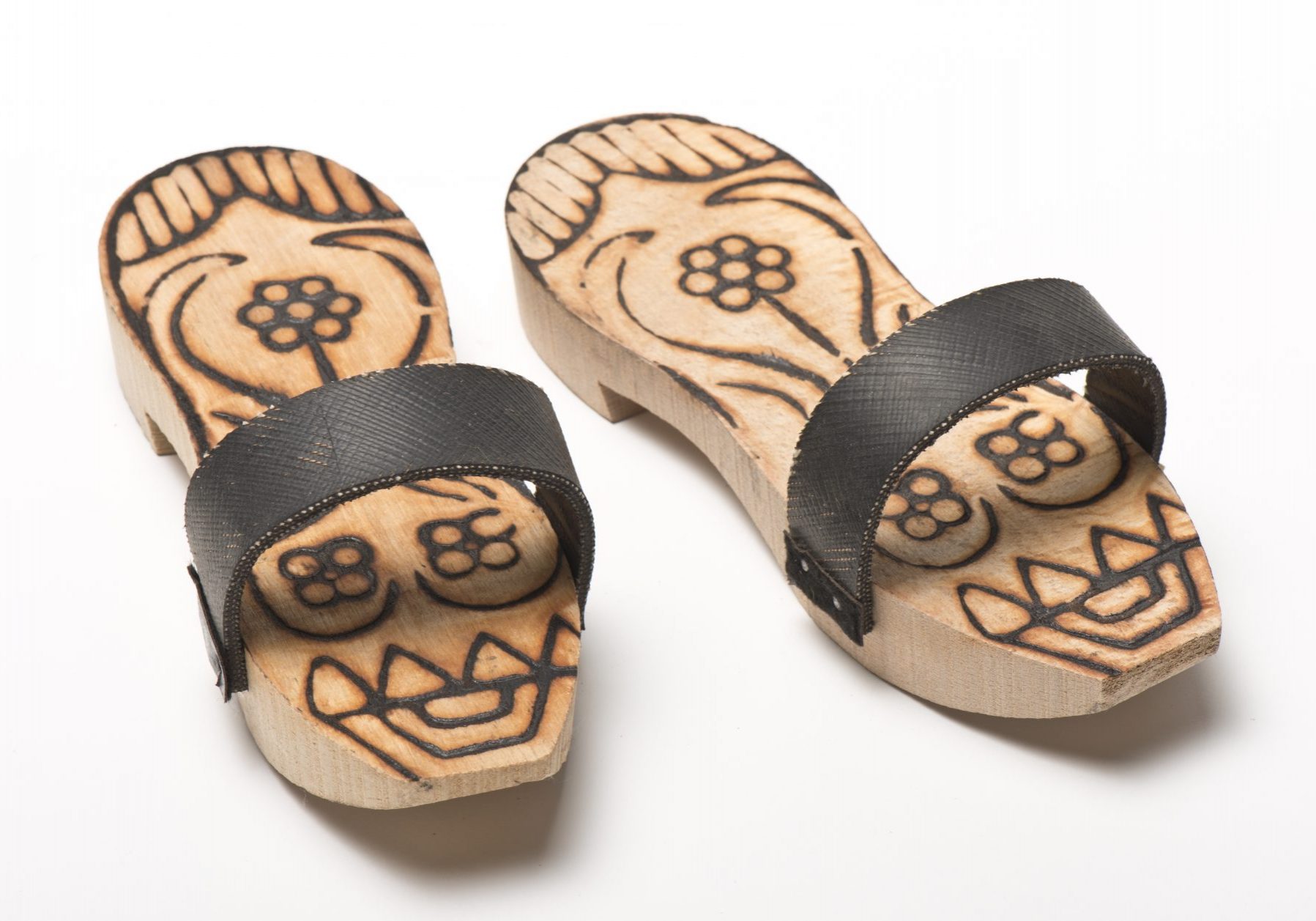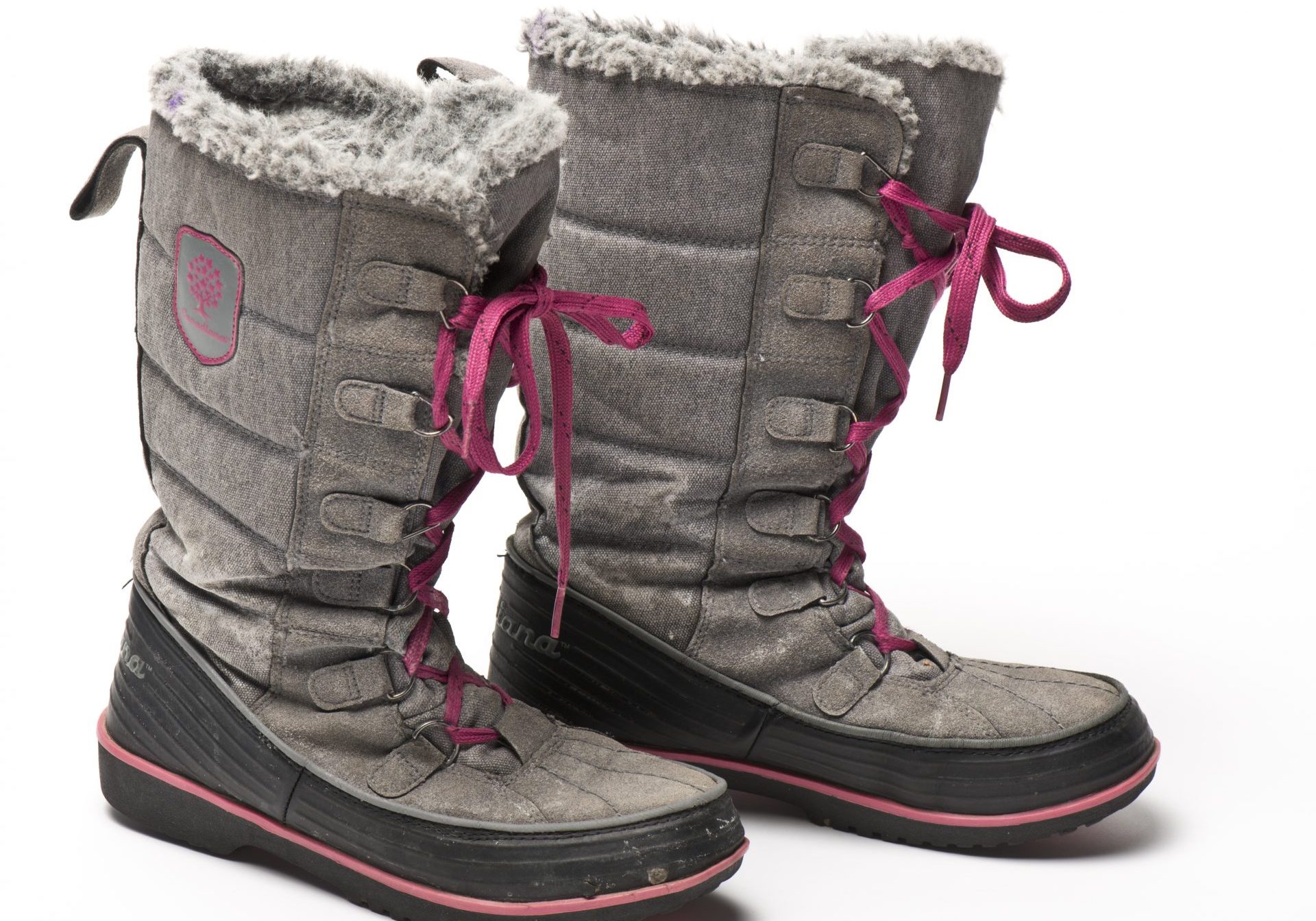Hometown Across the Ocean
Wei Tao Bethune
Summary:
There are all kinds of immigrants. At York University in Toronto, Wei Tao Bethune discovers new friends whose journey is the opposite of her own. She sees a poster advertising the Chinese Spring Festival. To her surprise, many of the people there are Anglo-Canadians dressed in traditional Chinese clothes, speaking Mandarin. As children of missionaries, they had been born and educated in Sichuan. The Communists ousted them, and so they have emigrated to a Canada they never knew.
Story:
A few years ago, I went shopping at St. Lawrence Market. I saw a pair of red embroidered shoes in a stall. These shoes are like the ones worn more than 100 years ago in China. They are like the ones young girls my grandmother’s age wore to important community events or on their wedding days.
When I saw these shoes, my heart was deeply touched. It aroused my longing for my family, for my hometown, especially for my loving grandmother. I bought them without hesitation. Even though I rarely wear them, I still keep them in my shoebox because they contain all my homesickness and memories.
My beloved grandmother passed away after I landed in Canada, and I missed her funeral. This is the biggest regret of my life. I had started to attend university.
In February, in my second semester, I saw a poster on the wall of the student centre. It announced a “Jiaozi Party” to celebrate the Chinese Spring Festival on the weekend. For four years, I had been so busy that I hadn’t been to any festivals. I signed up.
At the party, I met several women about the same age as my grandmother. They were Anglo-Canadians, but they dressed in traditional Chinese clothes, and they spoke fluent Mandarin and Sichuan dialects. They told me that they had been born and raised in Sichuan, China, and received traditional Chinese education there. They knew ancient Chinese poetry and traditional painting. They could even draw Chinese calligraphy. Together we made dumplings. After we finished eating the dumplings, we did Scottish square dancing. It was the happiest time I had ever spent in Canada.
Who are these people? I started to learn their stories. They are the descendants of a group of medical missionaries. They call themselves CS Kids or Canadian School Kids. Over a century ago, many well-educated, young Canadians crossed the ocean to settle in the Chinese interior, where life was extremely hard. The missionaries set up hospitals, orphanages, schools, and churches to help the suffering Chinese people who were hungry and sick. They gave aid to the war-torn areas and helped educate the ignorant to abolish outdated customs to develop good hygiene practices. With the church’s help, they built a modern university: West China Union University. Since then, Chinese people received systematic medical education, and thousands of Chinese women, like my grandmother, were freed by the missionaries from foot binding.
Many Canadian missionaries who devoted their lives to China were buried there. Their children stayed in China and followed in their footsteps until they were forced to leave by the Communist Party during the Korean War. You cannot hear about their story anymore in Canada. Their gifts of love have been erased.
But every year, on the first Saturday in October, a large crowd of CS Kids and their family members gather at the Dragon Legend, a restaurant in Markham. I was invited last October. We watched a documentary about the more than 100-year history of the Canadian missionaries in China. All the people attending were deeply touched. A few of them in their 80s and 90s had tears in their eyes. They recalled the little things when they lived in China, and they sang nursery rhymes taught by their Chinese nannies. They spoke about their Chinese homes.
Many CS Kids never returned to China after they had been forced to leave. But they couldn’t forget the place where they were born and the good times they had there. Theirs is reverse immigration, as they were sent “home” to a Canada they never knew, and they were torn away from the China they loved. Home is where the heart is — their home across the ocean.
When I got home that night, I went to find the shoebox containing my red embroidered shoes, my homesickness and my memories. I put on the shoes and did a little dance.
WEI TAO BETHUNE earned a bachelor’s degree in Engineering in China and a master’s degree in Economics at York University after immigrating to Canada.
Read Other Stories from this Author
Mismatched Shoes
My friend Emma and I bought the same pair of shoes, but I could only wear one of mine. Four years ago, when I went skating...
Lucky Bird
In China, her mother buys Wei Tao Bethune Lucky Bird-brand shoes to wear when she emigrates to Canada. She feels...
